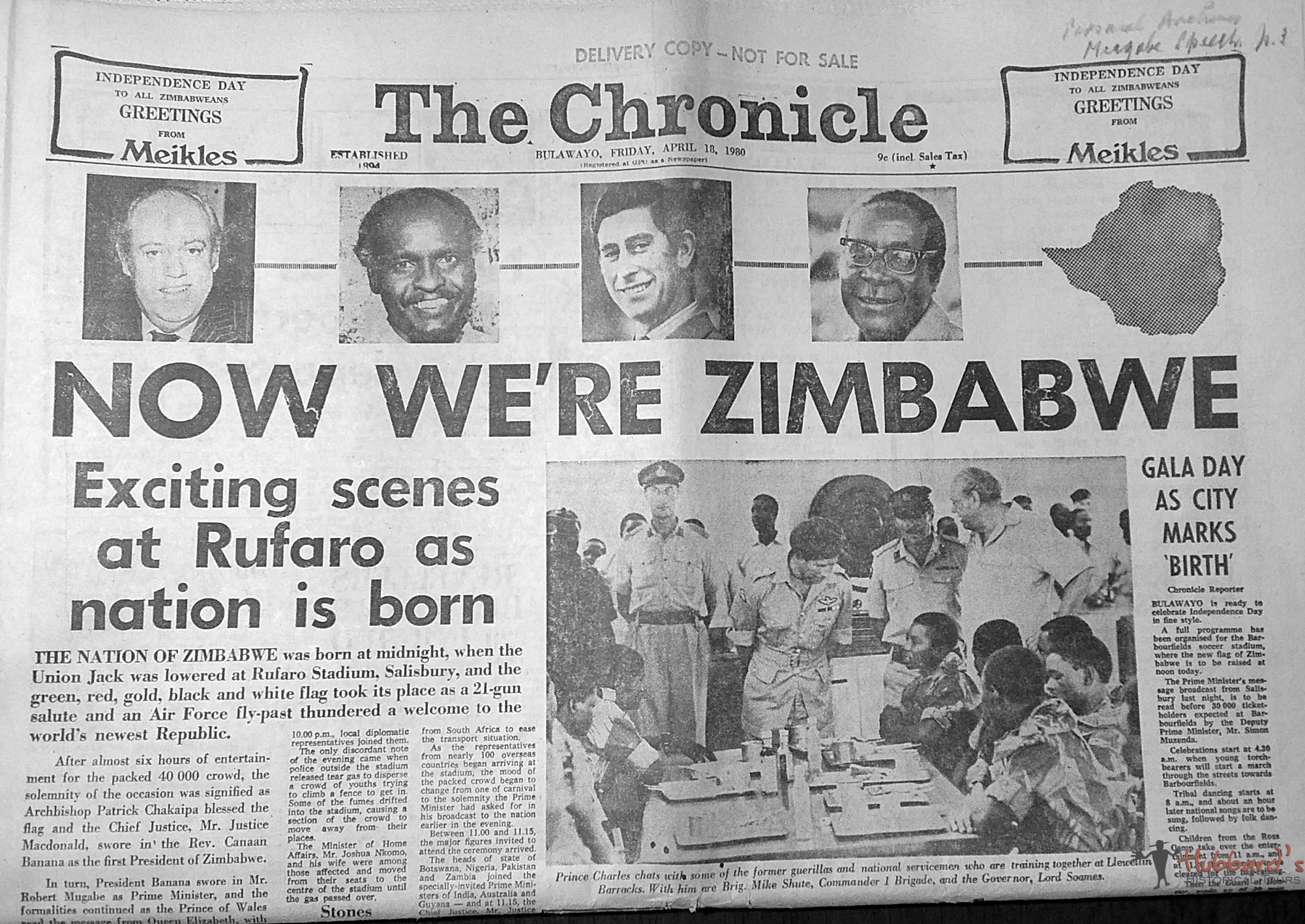On the 18th of April 2020, Zimbabwe celebrated 40 years of independence with many Zimbabweans taking that opportunity to honour the memory of all the martyrs of the liberation struggle, whose commitment, bravery and self-sacrifice won the country’s independence and freedom the country enjoys today.
The independence day comes at a time when the world is facing a public health crisis due to the Coronavirus (Covid-19) pandemic that is claiming thousands of human lives globally daily. Our country has not been spared either, with three deaths having been reported out of a total of 24 confirmed Covid-19 positive cases.
It is disappointing to note that the government’s response to Covid-19 has been haphazard, with lots of misinformation while the out of sorts president Emmerson Mnangagwa has been running all over like a headless chicken. It seems there is no strategy and a clear roadmap, on how the nation is going to progress post lockdown. The Ministry of Health has been reduced to giving statistics on the number of infections without adequately proffering practical solutions to curb the spread of SARS-CoV-2. Despite imposing a lockdown which has rather failed due to the socio-economic structure of our society, many Zimbabweans continue to be at risk as the struggle for economic survival is a daily reality. Over 70% of Zimbabweans are living in poverty. A lockdown that is not supported by a rigorous Covid-19 testing program will unfortunately just be a tick-box exercise. The idea behind the lockdown is to halt transmission, intensify testing, isolate positive cases, quarantine at-risk individuals and also give time for the country and the health system to prepare for the peak. However, the fact that only 1299 tests have been done to date does not provide the confidence required to declare an effective lockdown.
What is saddening is the poor state of Zimbabwe’s public health system due to neglect by the central government over the past 30 or so years. As the country battles against the Covid-19, the Harare administration has been exposed by its failure to fund public health despite the 1980 calls for health for all. For many years, ruling party elites have been receiving medical health care outside the country on tax-payers money and in the process neglecting their health systems. Some African countries like Ghana, Rwanda, South Africa, Cape Verde and others are progressing towards Universal Health Care (UHC), also aligned to Sustainable Development Goal #3. It is not even clear what kind of Health System if any we have in Zimbabwe as almost all the citizens now use the out-of-pocket system, thus further eroding the majority of the citizens’ meagre incomes.
This is a call for the government of Zimbabwe to seriously consider citizens’ welfare when deciding on priorities and allocate adequate resources to public health. Is it not sad and ironic that they prioritise purchasing top of the range Range Rovers, costing millions of dollars, for the moribund Health Services Board (HSB) officials who purport to be presiding over Zimbabwe’s Health Policy? Therefore, this calls for accountability on the donations being collected under Covid-19 and we hope that all the resources will be put to their correct use. The office of the Auditor-General must monitor and hold the government to account on the funds used under Covid-19. In fact, there is need to form an independent governance structure for Covid-19 Fund with credible people like the Auditor General, private audit firms or chartered accountants, captains of industry with impeccable integrity, representatives from other key sectors e.g. Labor, Churches and CSOs.
As we take time to reflect the journey we have travelled as a nation it is deeply worrying to note the little progress we have made as a nation since attaining our hard-won independence on 18 April 1980. While Independence Day is a time to congratulate ourselves, it must also be a time to find ways to solve the many problems that still afflict our lives.
A majority of Zimbabweans are concerned about the state of affairs, the high levels of unemployment, poverty, inequality, the shrinking of democratic space and violations of our freedoms thus far.
There are extreme rampant mineral extraction, corruption and illicit outflows of billions of dollars and all of these economic crimes have seen many people living in abject poverty. The neo-liberal policies by the Harare administration have failed and, therefore, there is need for people-centred economic planning and budgeting at national and local government levels that guarantee social and economic rights as enunciated in the Zimbabwe Peoples Charter.



